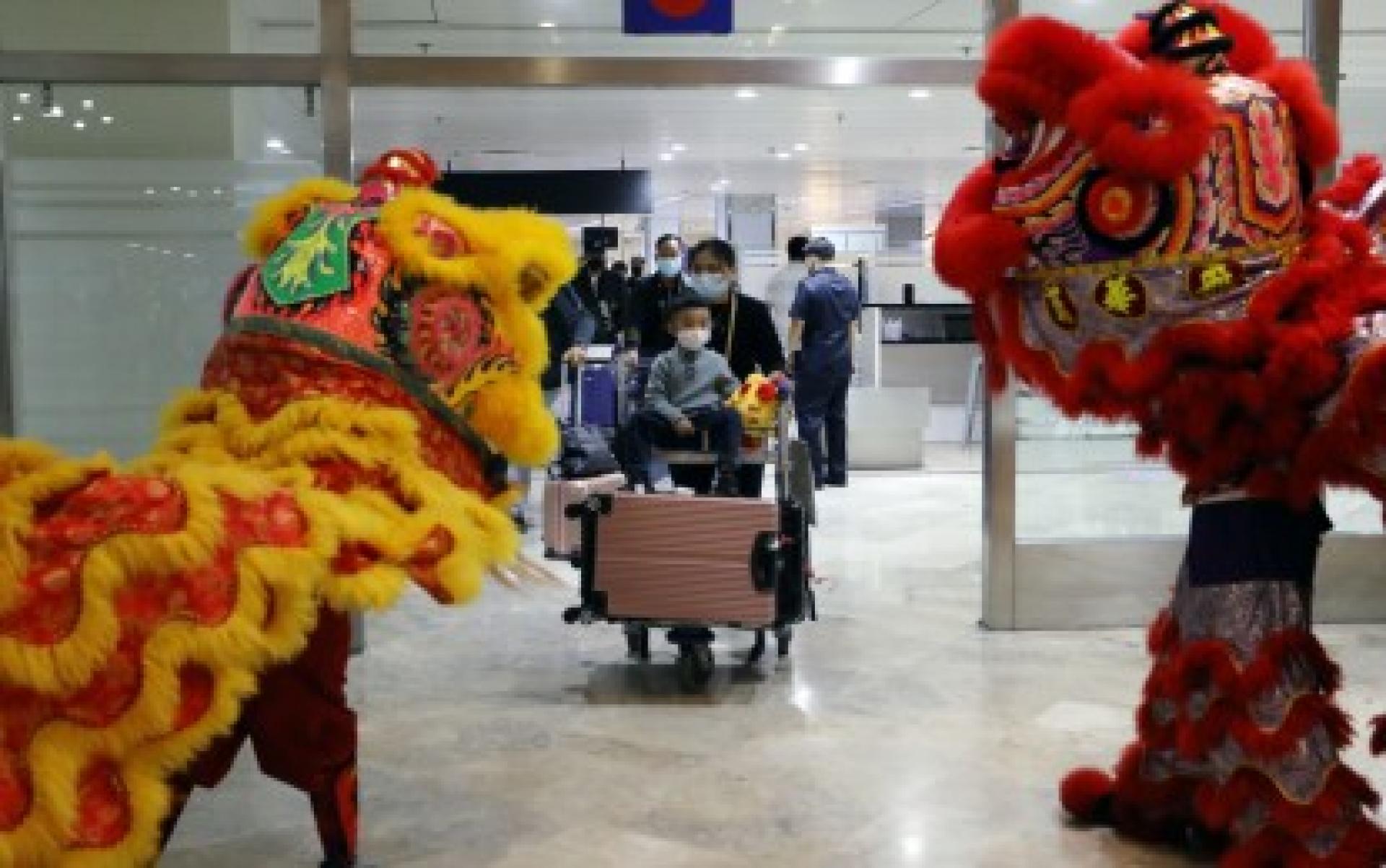(Manila, 1st, Comprehensive News) The Philippine Department of Foreign Affairs (DFA) has announced that the Philippines’ eVisa service for China officially resumed pilot operations on Saturday and will be fully implemented on November 3.
According to the DFA, the Philippine Embassy in Beijing and its consulates in China will simultaneously launch the eVisa system. Under the new scheme, Chinese citizens residing in mainland China, Macau, and Hong Kong can apply for Philippine eVisas for tourism and business purposes.
Applicants must enter the Philippines via Manila Ninoy Aquino International Airport (NAIA) or Mactan-Cebu International Airport. The visa is valid for 14 days and cannot be extended or converted to another visa category.
In addition to the eVisa, eligible Chinese and other foreign citizens can still apply for traditional sticker visas through VFS Global’s visa application centers located in Beijing, Chongqing, Fuzhou, Guangzhou, Shanghai, and Hong Kong.
Applicants can submit online applications via the following websites:
Mainland China: https://visa.vfsglobal.com/chn/en/phl
Hong Kong & Macau: https://visa.vfsglobal.com/hkg/en/phl
Mainland China: https://visa.vfsglobal.com/chn/en/phl
Hong Kong & Macau: https://visa.vfsglobal.com/hkg/en/phl
The eVisa website is open 24/7, allowing applicants to register online, submit applications, and schedule appointments for sticker visa processing.
The DFA noted that the resumption of eVisa services is being carried out in partnership with VFS Global, which is responsible for managing the application platform, data review, and document delivery.
This system is jointly developed by the DFA and the Department of Information and Communications Technology and has been implemented in some countries in the Middle East, Africa, Asia-Pacific, and Europe since 2024.
The DFA stated that the restart of the eVisa system is an important step in implementing President Ferdinand R. Marcos Jr.’s push for government digitalization and streamlining administrative procedures. The aim is to promote the development of the tourism industry and facilitate people-to-people exchanges and economic and trade activities.
